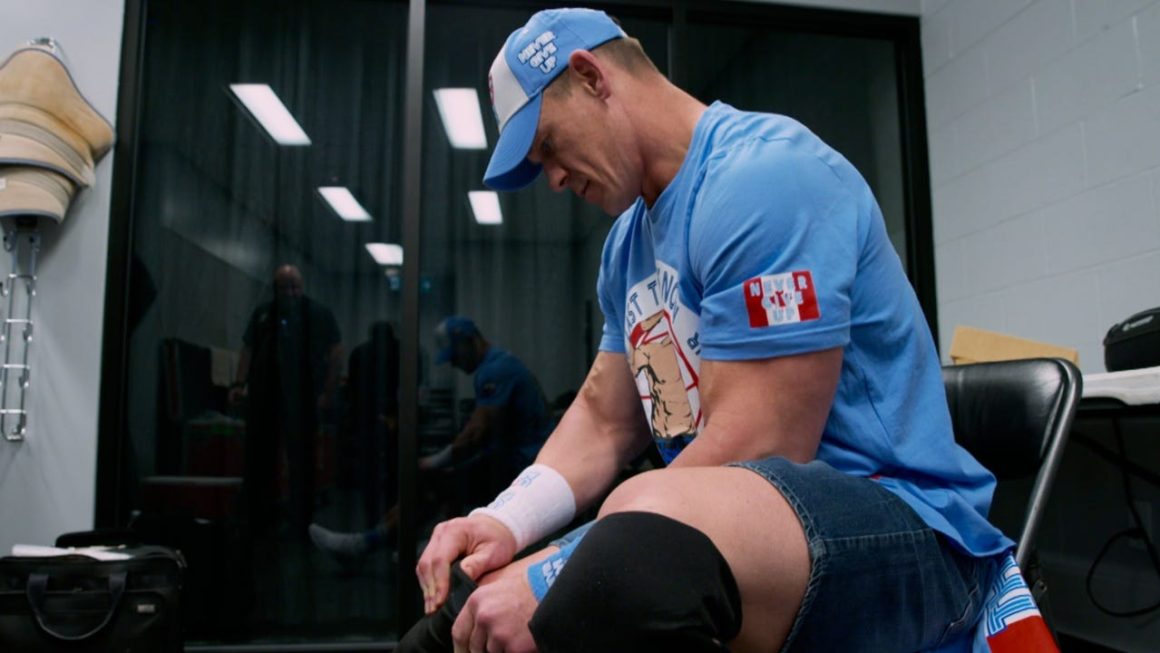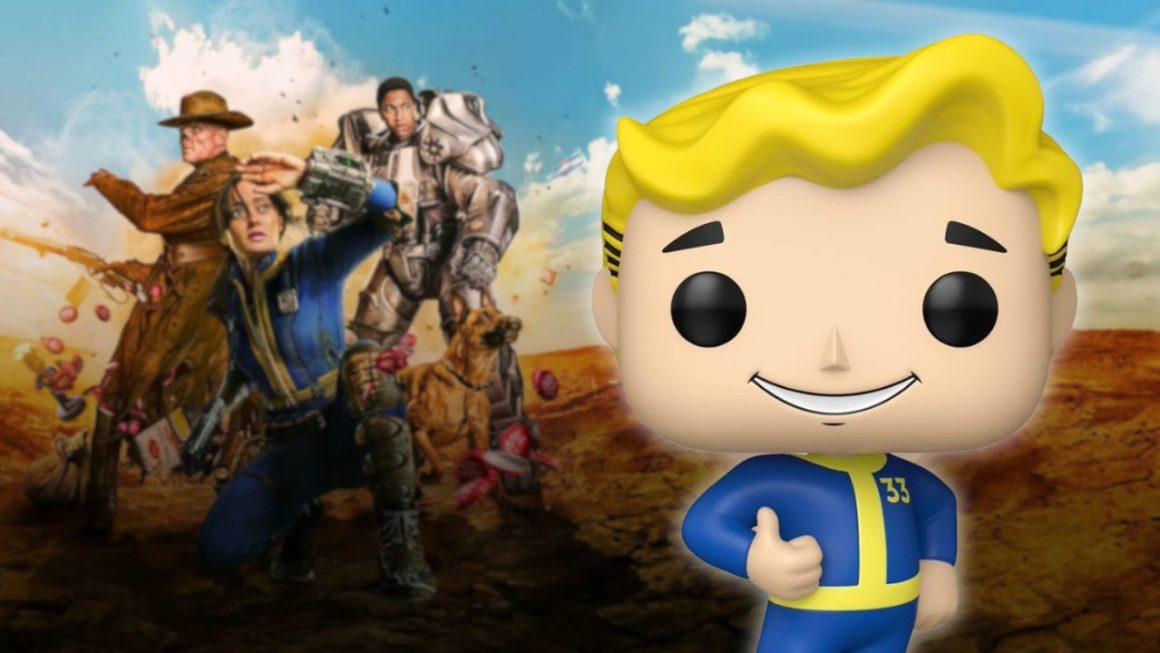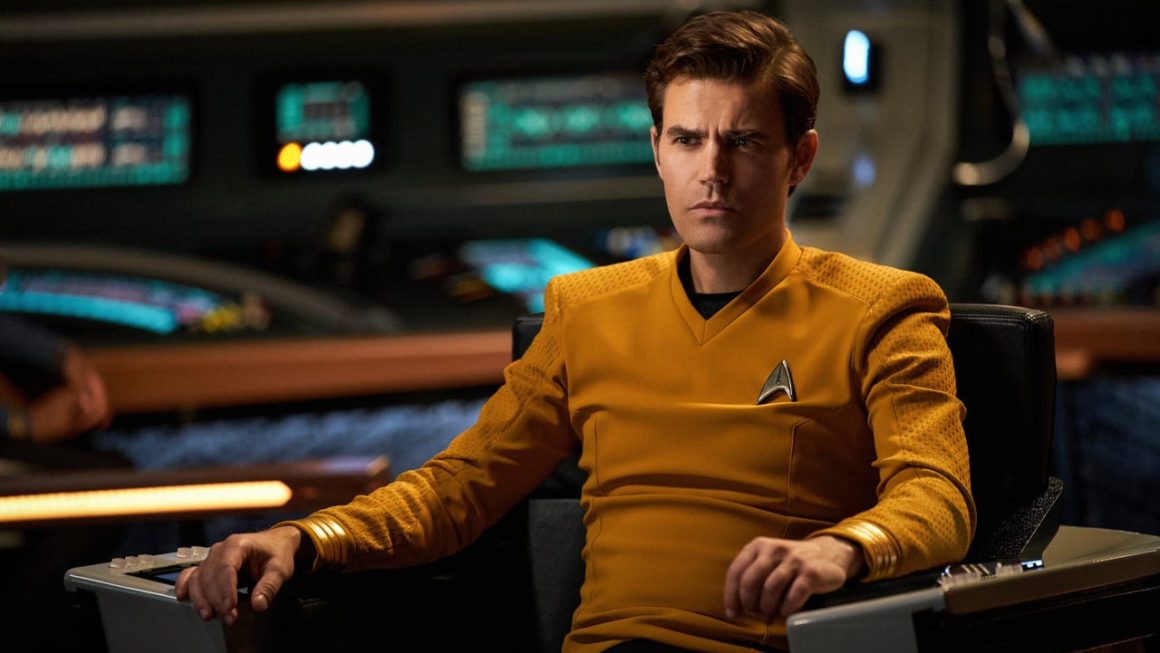When WWE came to Netflix on January 6, 2025, “sports entertainment” gained its widest reach to date. The deal that brought Monday Night Raw (and, outside the U.S., every WWE production) to streaming was a handshake between two PR-savvy pop-culture juggernauts, and Netflix’s new documentary series WWE: Unreal is where their art and commerce meet. It’s also where the latter frequently wins out, grinding the tensions that inform creative endeavors into a fine dust and sweeping them under the rug. Touted as a behind-the-scenes saga and the first ever peek into pro-wrestling writers’ rooms, Unreal promises an exclusive exposé. But that is, to quote the wrestling lingo that’s become everyday vocabulary in our hyper-online, always-engaged era of fervent fandom, a work. Unreal is pure marketing, a five-episode ploy to court new viewers for Raw, SmackDown, and the Royal Rumble. Even that pledge to put the writers in the spotlight goes mostly unfulfilled.
The first season of Unreal tracks several wrestlers, matches, and ongoing storylines from WWE’s debut on Netflix through its annual springtime flagship, WrestleMania – “wrestling’s Super Bowl,” as numerous stars and executives remind us. Some faces, like Hollywood mainstays John Cena and Dwayne “The Rock” Johnson, will be familiar to newcomers. Others, like Australian goth queen Rhea Ripley and electric Samoan sensation Jey Uso, haven’t yet broken through to the mainstream, but their broad appeal makes them the perfect subjects for this speed-run through the WWE basics, aimed at telling even non-fans what they already know: that wrestling, while hard-hitting and high-flying, is scripted entertainment. “Our business is about telling stories,” says former competitor and current Chief Content Officer Paul “Triple H” Levesque= in the first episode, inadvertently tipping his hand towards the fiction of WWE: Unreal itself.
What the unacquainted may not realize – and what the series hopes they won’t – is that for the longest time, any film or documentary with WWE’s stamp of approval has rewritten history. Unreal is no exception: Its attempt to pull back the curtain happens entirely on WWE’s terms, resulting in a sterile depiction of the creative process with few meaningful struggles or butting of heads – as though each match and storyline were destined to be perfect from its inception. This removes the backstage friction that provides much of the promotion’s allure, making Unreal a passive experience.
The major problem with this framing is one that ardent fans will immediately recognize. Since the 1990s – and especially in the modern age of social media – being attuned to wrestling has meant following the ins and outs, the breaking news from journalistic sources, the nuggets of rumors and juicy gossip wherever one can find them. By and large, pro-wrestling fans love this razor-thin line between fantasy and reality, and how contract disputes or real-life animosity between wrestlers shows up on screen in ways the company may not always be able to help. With Unreal, WWE tries to capitalize on this form of engagement, but attempts to exert control where it otherwise can’t, reframing every moving part and possibility as a known quantity.
Thankfully, that’s not always the case; the third episode, titled “Worth the Wait”, gestures towards the vulnerabilities, creative anxieties, and tensions that inform the storylines of female WWE superstars including up-and-comer Chelsea Green and weathered veteran Charlotte Flair. However, Unreal very quickly drops each of these threads in favor of an uncanny, robotically smooth version of events. For instance: Green’s intriguing onscreen struggle, as a Canadian, to get booked on a major Canadian show is entirely forgotten the next time WWE is seen returning to Canada. Of the male competitors, only Cena is afforded the chance to be emotionally exposed, as he discusses aging and competing in his final year before retirement. In true WWE fashion, very few storylines feel complete, and no other company exists in the wrestling landscape – even though several of the featured wrestlers came up through rival promotions like AEW.
Unreal’s structure is straightforward, cutting between the in-ring action, backstage coordination, and subsequent interviews. This occasionally yields entrancing moments, like when the directors in the production truck are forced to keep up with story turns that were closely guarded all the way up to air, resulting in the creative highwire act of live editing on the fly. But this is just one of several components in the making of WWE that receive a scant few minutes of screentime in Unreal. More often, it does what any wrestler might when delivering a “promo” on the mic: using the guise of storytelling to very explicitly sell you something. Give an embittered character a few, uninterrupted minutes on air, and they’ll threaten to beat up their opponent at a designated time and place, not-so-subtly reminding you when to purchase the next pay-per-view event. Unreal, meanwhile, tracks the timeline of each episode with an onscreen calendar where Monday night is marked “Raw” and every Friday is marked “SmackDown,” training us to remember when to tune in next.
It’s understandable that WWE would want to expand its audience, given the company’s now worldwide, instantaneous reach. But that results in Unreal spending way too much time explaining the rules or various match types. It’s a bore for anyone remotely familiar with wrestling – who, as it happens, is exactly the kind of person who might be interested in a behind-the-scenes documentary in the first place. Nonfans aren’t likely to be swayed by a process-oriented instructional video; they’re going to decide if wrestling is worth their time based on wrestling itself.
There’s a whole lo-fi cottage industry tracking this kind of stuff on YouTube, where ravenous fans gather to lap up the latest wrestling scuttlebutt. WWE: Unreal is, in comparison, far too polished and pristine to inspire this type of devotion, lacking any real drama beyond seeing how the next corporate decree translates into ratings. It’s the rare TV show to inspire this thought: They should’ve left it to the amateurs.



